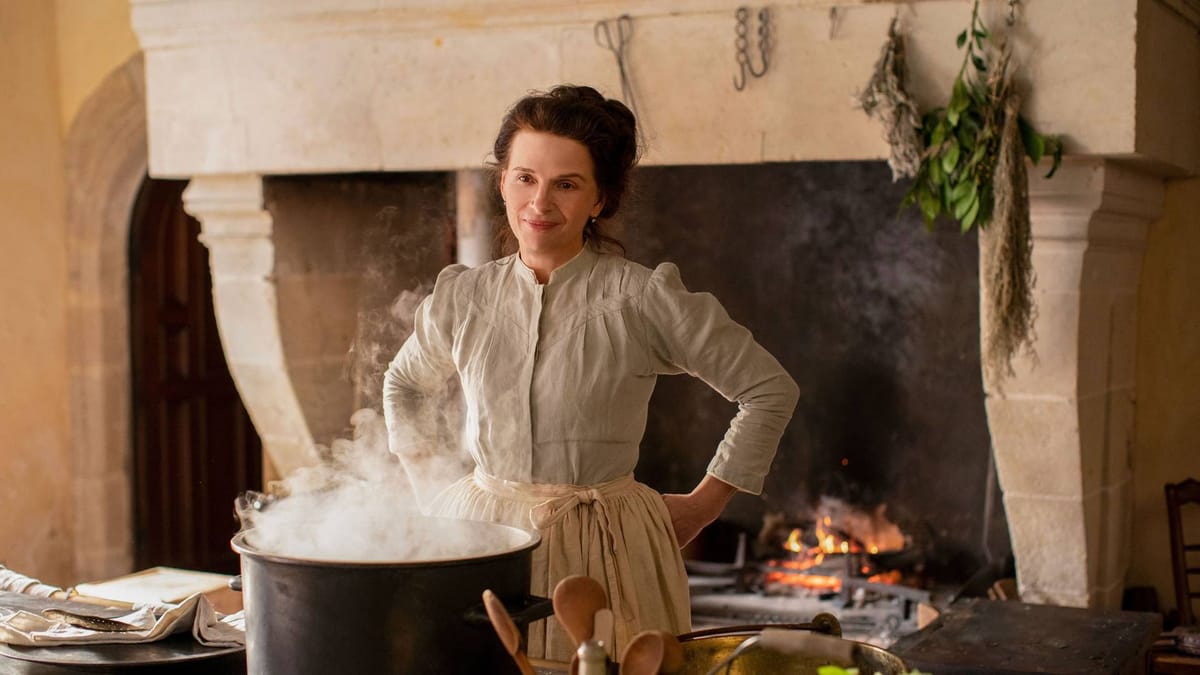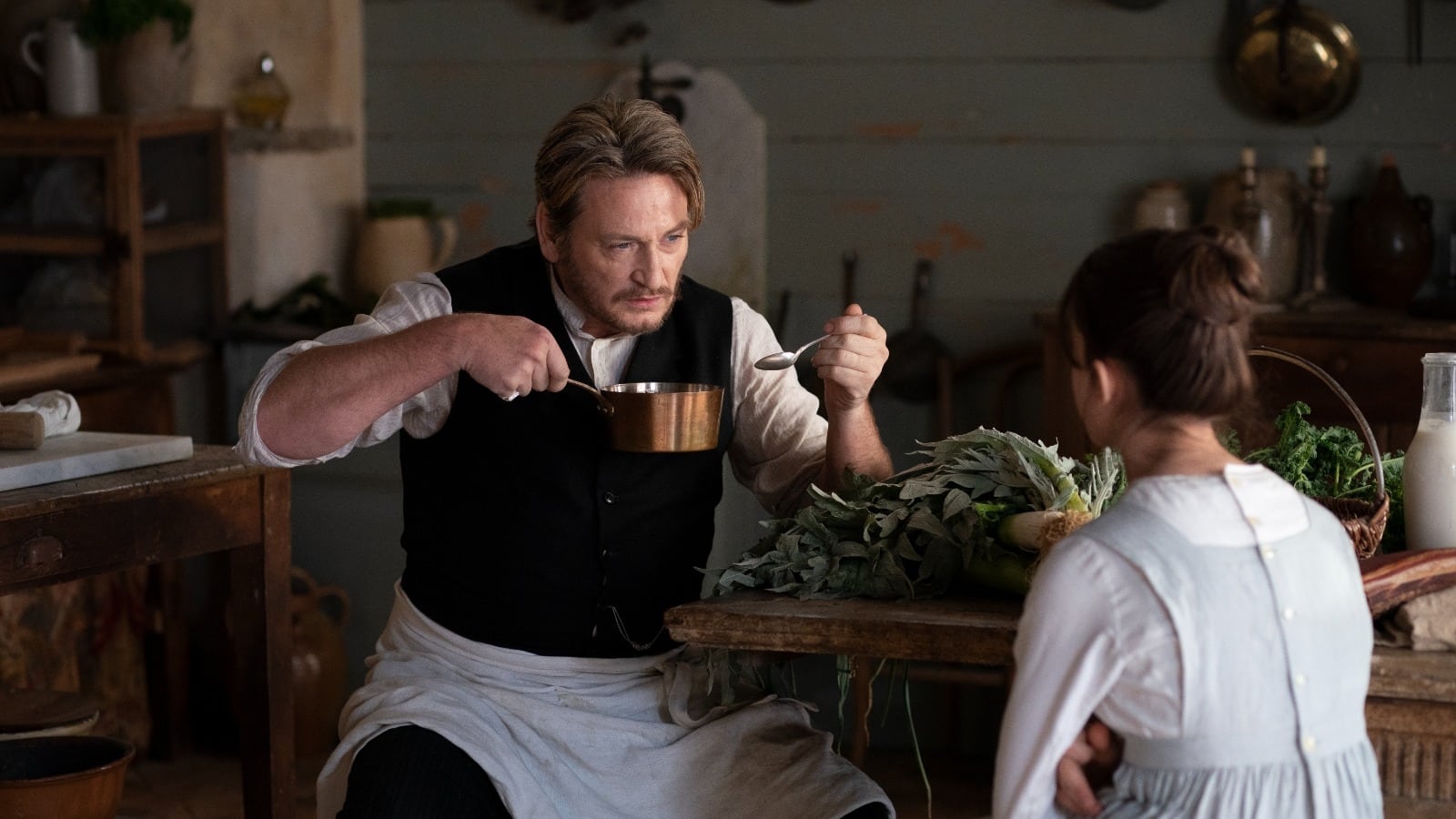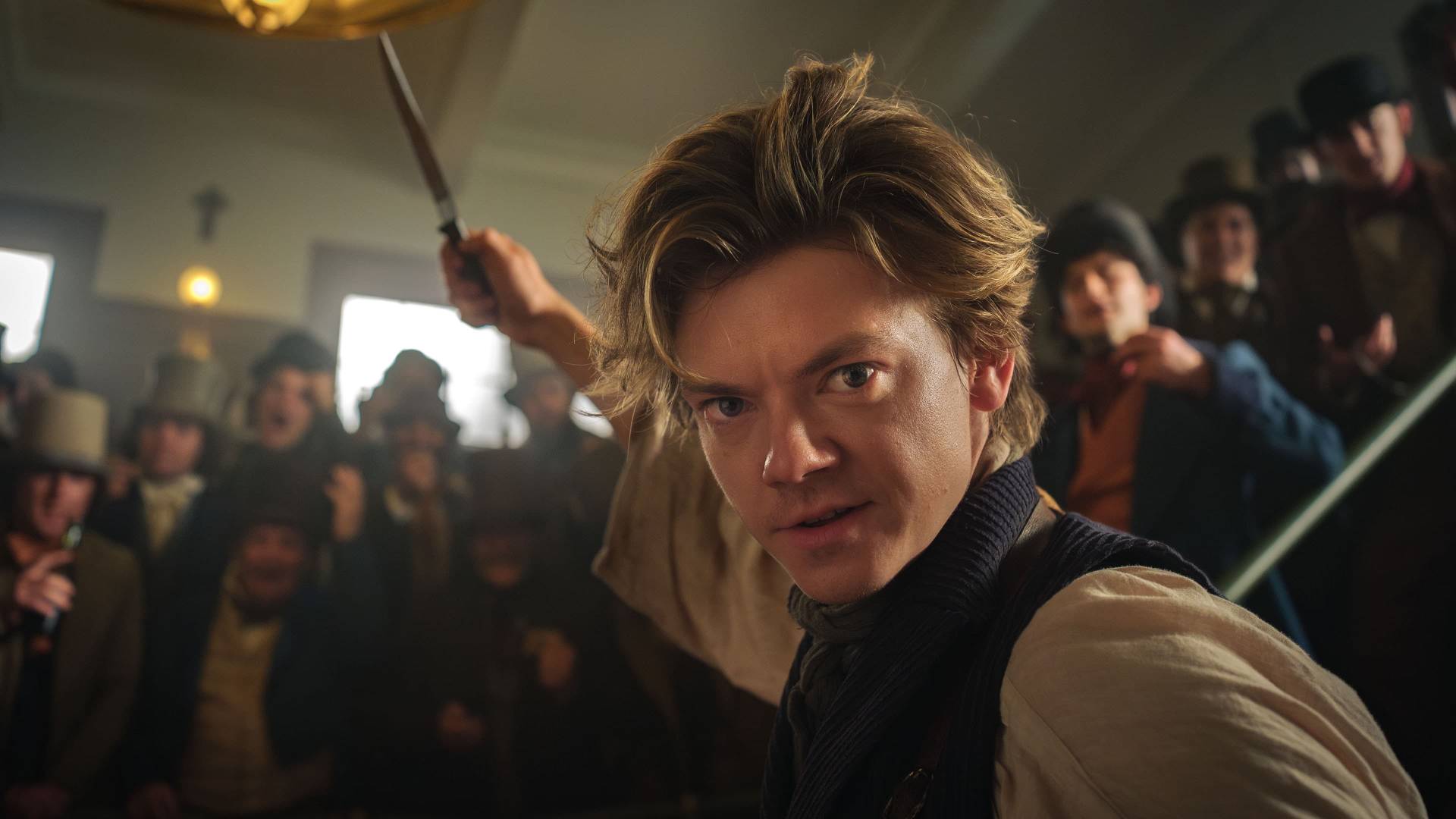The Taste of Things: Is It Worth Watching?
The film, set in the resplendent era of the Belle Époque, is adapted from Marcel Rouff's classic 1924 novel.

In the world of cinema, there are films that delight the senses and then there are those that transcend them. The Taste of Things, directed by the inimitable Tran Anh Hung, belongs to the latter category. This film is not just a visual feast; it is a gastronomic odyssey that redefines the genre of food-centric cinema.
At the outset, let me affirm that The Taste of Things is unequivocally worth watching. The film, set in the resplendent era of the Belle Époque, is adapted from Marcel Rouff's classic 1924 novel, "The Life and Passion of Dodin-Bouffant, Gourmet." It stars Benoît Magimel and Juliette Binoche, whose performances are nothing short of sublime, portraying a nuanced love story simmering in the backdrop of culinary artistry.
The narrative centers around Dodin (Magimel), a gourmet who dedicates his life to the pursuit of culinary perfection, and Eugénie (Binoche), his gifted cook and the object of his unspoken affection. The film’s brilliance lies not only in the story but also in its execution. The static shots of food preparation are a sensory delight, inviting audiences into a world where food is not just sustenance but an expression of art, love, and life.
Tran Anh Hung's direction is masterful. The film won a directing prize at the Cannes Film Festival, and rightly so. Hung's ability to capture the essence of each dish, each moment in the kitchen, is unparalleled. The camera work by Jonathan Ricquebourg is fluid, capturing the elegance of the culinary process and the emotions that simmer beneath the surface.
Moreover, the film's sound design is a subtle yet powerful component, adding a layer of intimacy to the culinary sequences. The diegetic sounds of the kitchen, from the sizzle of butter to the clink of utensils, create a rhythm that complements the visual storytelling.
The chemistry between Magimel and Binoche is palpable. Their shared history adds a layer of depth to their on-screen relationship, making their interactions more poignant. The film explores themes of devotion, artistry, and the passage of time, all woven together through the central motif of food.
One cannot discuss The Taste of Things without mentioning the supporting characters, particularly the young apprentice, Pauline (Bonnie Chagneau-Ravoire), whose presence adds a layer of hope and continuity to the narrative.

The film acknowledges the passage of time and the fleeting nature of life, juxtaposed against the timelessness of culinary art.
In conclusion, The Taste of Things is a celebration of culinary art, a meditation on love and time, and a visual and sensory masterpiece. It is a must-watch, not just for food enthusiasts but for anyone who appreciates cinema that engages the heart and the mind.




